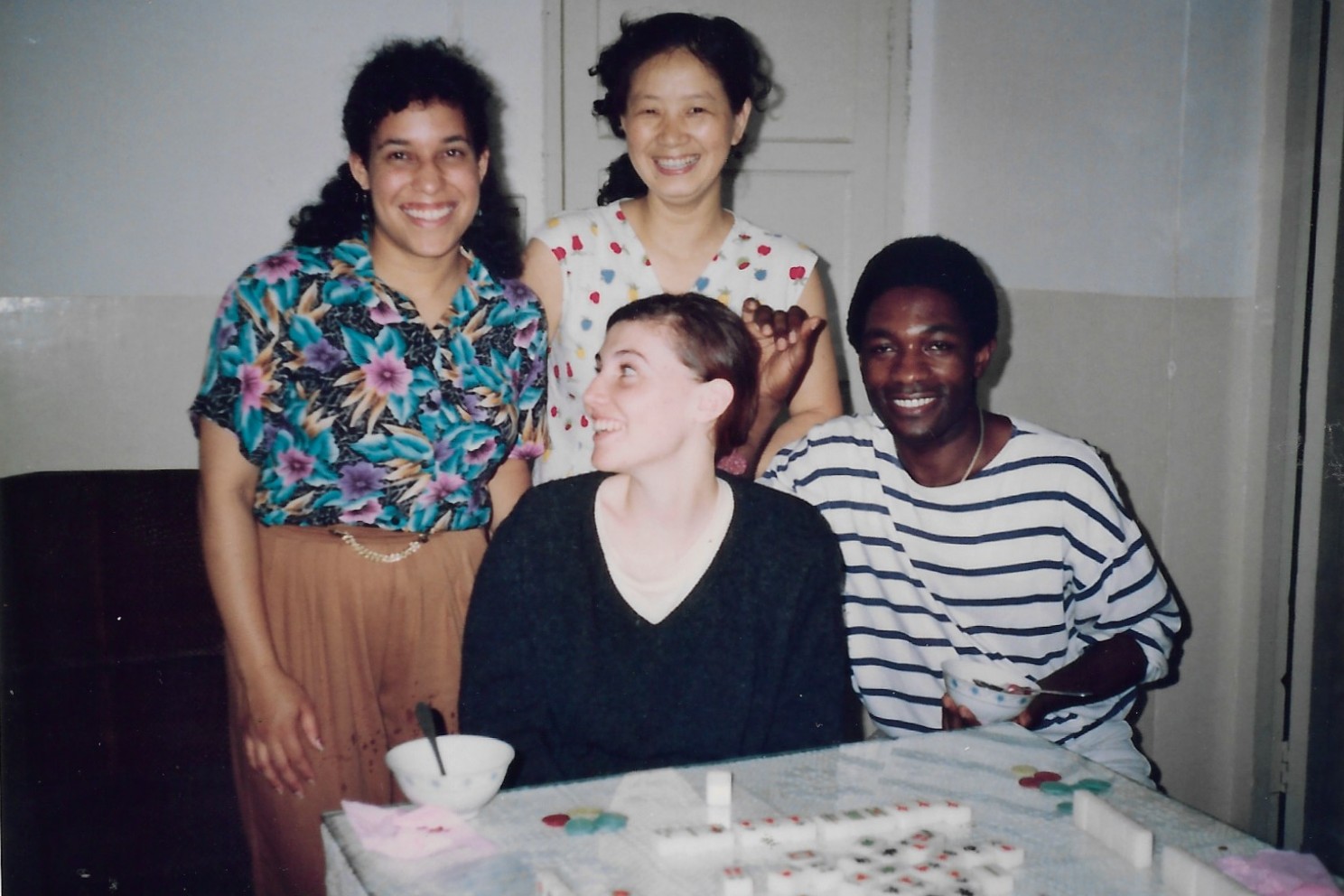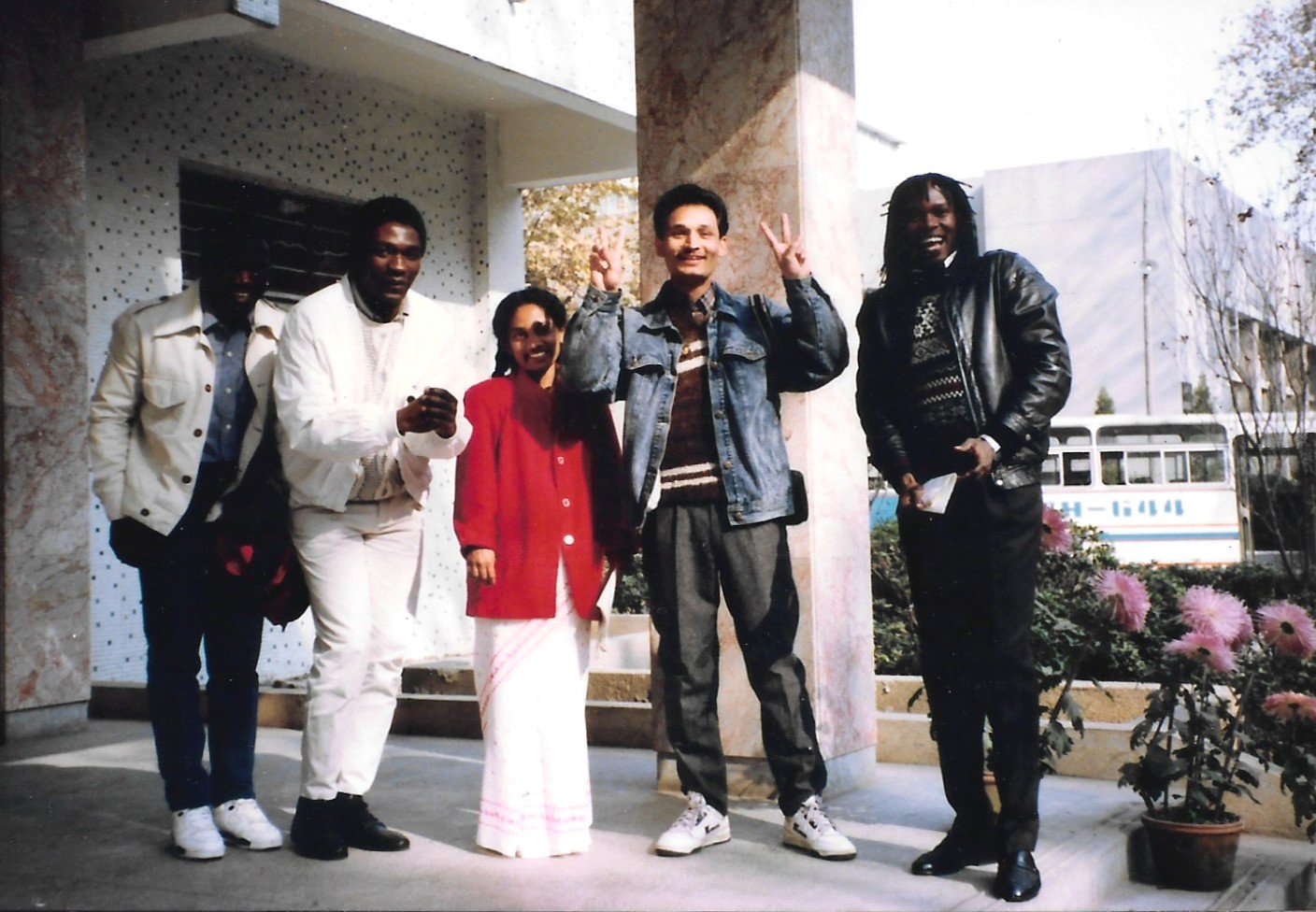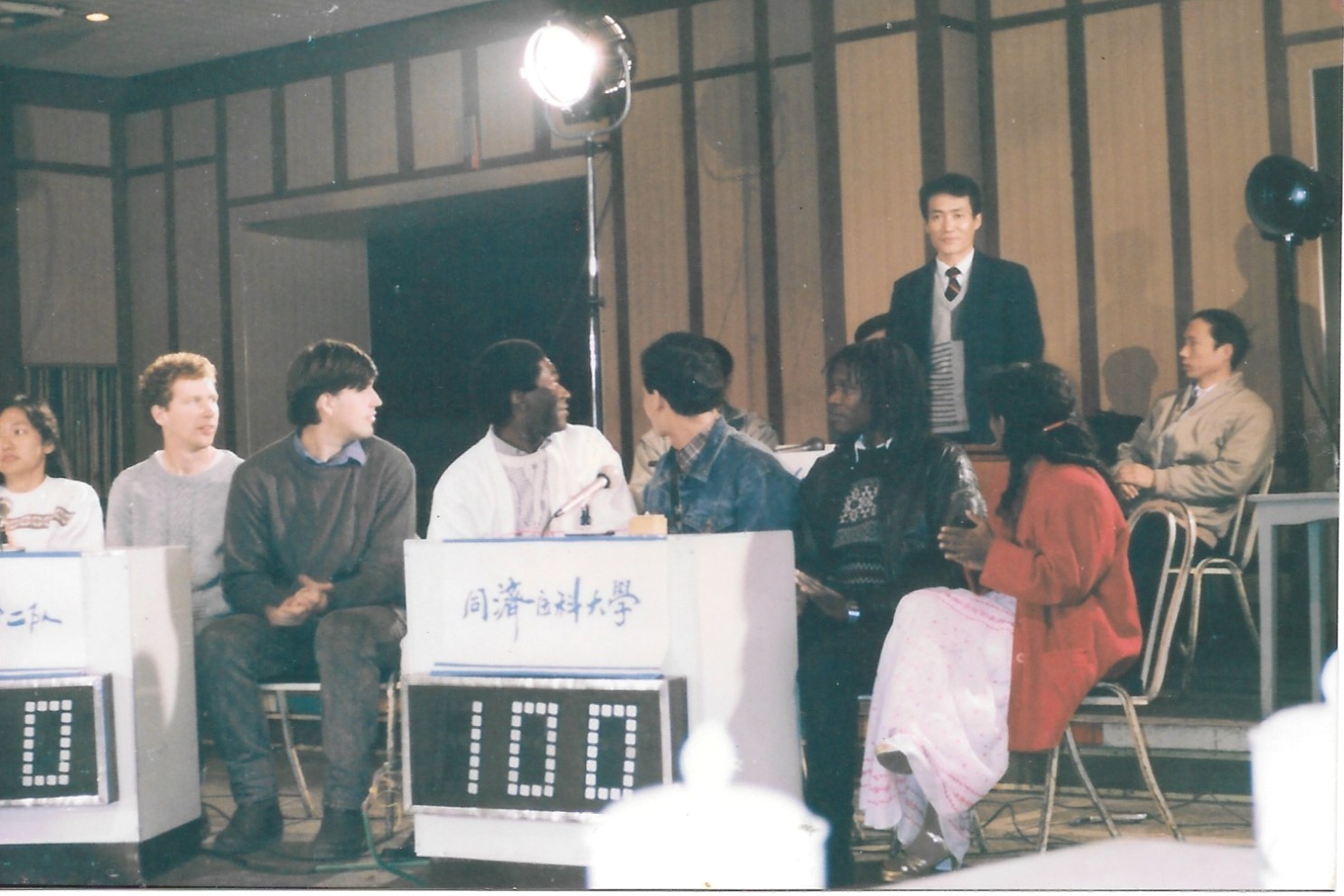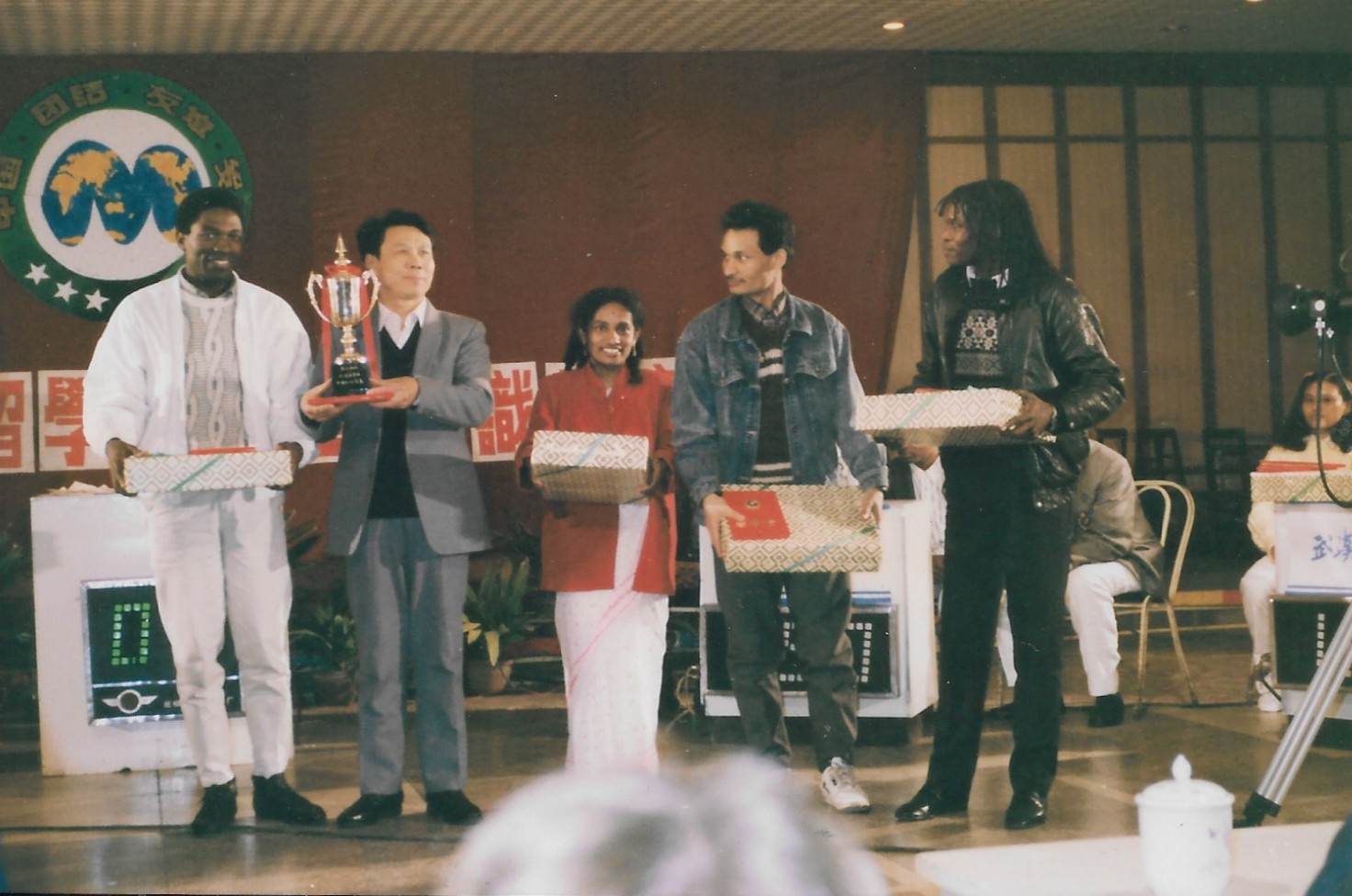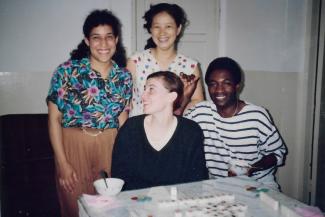
You Got Options
Our devices make it so easy to remember stuff for us – I am not so sure how many remember when Most Favored Nation status was a big thing. Countries, especially developing ones, would be pushed to give up very favorable trading terms for resources they had in order to get trading privileges with the U.S. This was big during my years as a student when China was considered the Sleeping Tiger about to wake up. China, eager to open up to international trade, initially went along with pursuing the status until it felt the terms got too lop-sided. They announced they would no longer be seeking Most Favored Nation status and our US Congressmen had quite a hissy-fit about it. All sorts of trade threats were lobbied against China if they didn’t comply. That is what grabbed my attention as a student majoring in International Relations.
When I threw myself in central China so I could become fluent in Mandarin and get some real life experience to flesh out what I learned in the classroom, I was surprised to discover an incredibly diverse cohort of international students attending China’s medical universities. I met students from Uganda, Benin, Senegal, Sri Lanka, Bangladesh and more. I learned the Chinese government was covering the cost of their studies, healthcare, room and board with a living stipend. My digging for answers led to a simplistic response I got from one knowledgeable person who explained ‘We third-world countries may not have money but we have stuff, so we barter amongst ourselves. We agree to educate their students and send them back as doctors to their communities and we send our engineers to their countries to help them access their natural resources which we need for our growth.’ This made me think of my mother’s semi-famous response ‘You got options’ to push us to think of what are our choices we can decide for ourselves if we do not like the ones being imposed upon us.
It dawned on me that the newspapers covered the consternation well of the angry Congressmen but neither news nor my international trade coursework covered the China solution to foregoing Most Favored Nation status terms. These amazing students were typically given about a nine-month immersion course to learn how to read, write and speak Chinese then were matriculated right along side other Chinese students studying medicine. Their Chinese fluency was so top-notch that one group of medical students I knew were invited to participate in a local TV game show in Wuhan.
They not only had to understand the questions in Chinese, but respond fast enough with the correct answer. They went on to win! These future doctors not only return to provide a long-lasting impact of increased healthcare options for their community, but also embody a source of inspiration for the younger generations that they treat, under the adage ‘You got to see it to be it.’
So, it struck me as very interesting, for all that was passed in this summer’s One Big Beautiful Bill Act, Congress unilaterally said ‘No’ to include Most Favored Nation Status provisions as proposed by the current Administration*. Could it be that they want to avoid more options being created as an alternative? Once those alternatives are identified, they could be hard to thwart.
What options are you creating for yourself so you can have optimal choices to choose from when necessary? Schedule time with me to explore.
* UBS Equity Compass – Navigating High Tides, p. 27, August 21, 2025


